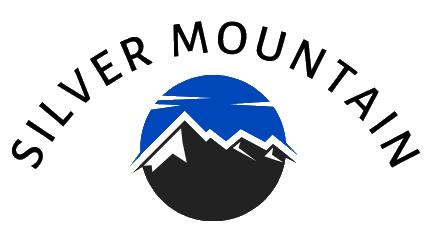Hypertension, typically referred to as hypertension, is a persistent clinical condition that impacts millions of individuals worldwide. It is frequently referred to as the “silent killer” due to the fact that it normally has no noticeable signs activestin na odchudzanie and symptoms in its early stages. Nevertheless, if left neglected, it can lead to significant wellness complications such as heart problem, stroke, and kidney issues. Identifying the signs and symptoms of hypertension is vital for very early discovery as well as reliable monitoring of the condition.
While hypertension itself may not create signs and symptoms, it can silently damage various body organs and also systems in the body gradually. It is necessary to be aware of the potential indications that may show the existence of high blood pressure. Right here are some typical signs and symptoms:
1. Headaches
Migraines, especially those that take place in the morning or are much more intense than usual, can be an indicator of high blood pressure. These headaches are normally called a pain feeling, commonly really felt at the rear of the head.
Idea: Maintain a journal to track you man plus for saler headaches, keeping in mind the frequency, strength, and also any kind of connected signs. This information can be important for your healthcare provider in diagnosing as well as handling your problem.
2. Exhaustion as well as Weakness
Really feeling weary or weak regularly can be a sign of hypertension. Raised high blood pressure places stress on the heart, making it function tougher to pump blood successfully throughout the body. This added effort can bring about exhaustion.
Furthermore, decreased blood flow to different body organs as well as cells can result in weakness as well as a basic lack of energy. If you often really feel tired despite sufficient rest, it is necessary to monitor your high blood pressure degrees.
3. Lightheadedness and Vertigo
Episodes of dizziness or vertigo, particularly when standing unexpectedly, can be a symptom of high blood pressure. Hypertension can disrupt the appropriate law of blood circulation to the mind, causing these sensations.
Individuals experiencing constant spells of lightheadedness need to consult their healthcare provider to eliminate any underlying health problems, including high blood pressure.
4. Chest Pain and Shortness of Breath
Upper body discomfort as well as shortness of breath are 2 symptoms that should never be overlooked, as they can show a severe clinical problem, including hypertension. Raised blood pressure can strain the heart muscular tissue, bring about upper body discomfort or rigidity.
Additionally, the minimized blood circulation to the lungs caused by high blood pressure can lead to problem breathing or breathlessness. If you experience upper body pain or have difficulty breathing, seek prompt medical focus.
Suggestion: Call emergency solutions if you have severe breast pain, relentless lack of breath, or any type of other signs of a cardiac arrest.
5. Vision Issues
Adjustments in vision, such as blurred vision or the presence of advances, can be an indication of hypertension-related eye troubles. High blood pressure can harm the capillary in the retina, bring about vision issues.
If you see any type of modifications in your vision, it is very important to seek advice from an eye care professional who can assess your eyes as well as give proper treatment.
6. Blood in the Pee
Blood in the pee, additionally called hematuria, can be a signs and symptom of hypertension-related kidney damage. Persistent hypertension can weaken and also damage the capillary in the kidneys, causing them to leakage blood right into the urine.
If you discover blood in your urine, it is vital to seek advice from a doctor to determine the cause as well as receive appropriate management.
7. Nosebleeds
While nosebleeds are a common occurrence and not always a cause for worry, constant or extreme nosebleeds can be related to high blood pressure. Elevated high blood pressure can damage the fragile capillary in the nose, bring about nosebleeds.
People experiencing recurring nosebleeds need to check their high blood pressure levels and consult a health care professional if essential.
Conclusion
Hypertension is a quiet condition that can have severe lasting effects on overall health and wellness if left unattended. Although it might not cause noticeable symptoms in the onset, focusing on potential indications of high blood pressure is essential for very early detection as well as management.
If you experience any one of the symptoms talked about, it is very important to seek advice from a medical care professional for a correct medical diagnosis and also proper treatment. Regular high blood pressure testings are also recommended for individuals at risk of high blood pressure or those with a family background of the problem. By actively keeping an eye on and also handling your blood pressure, you can reduce the threat of difficulties and also maintain your general wellness.
